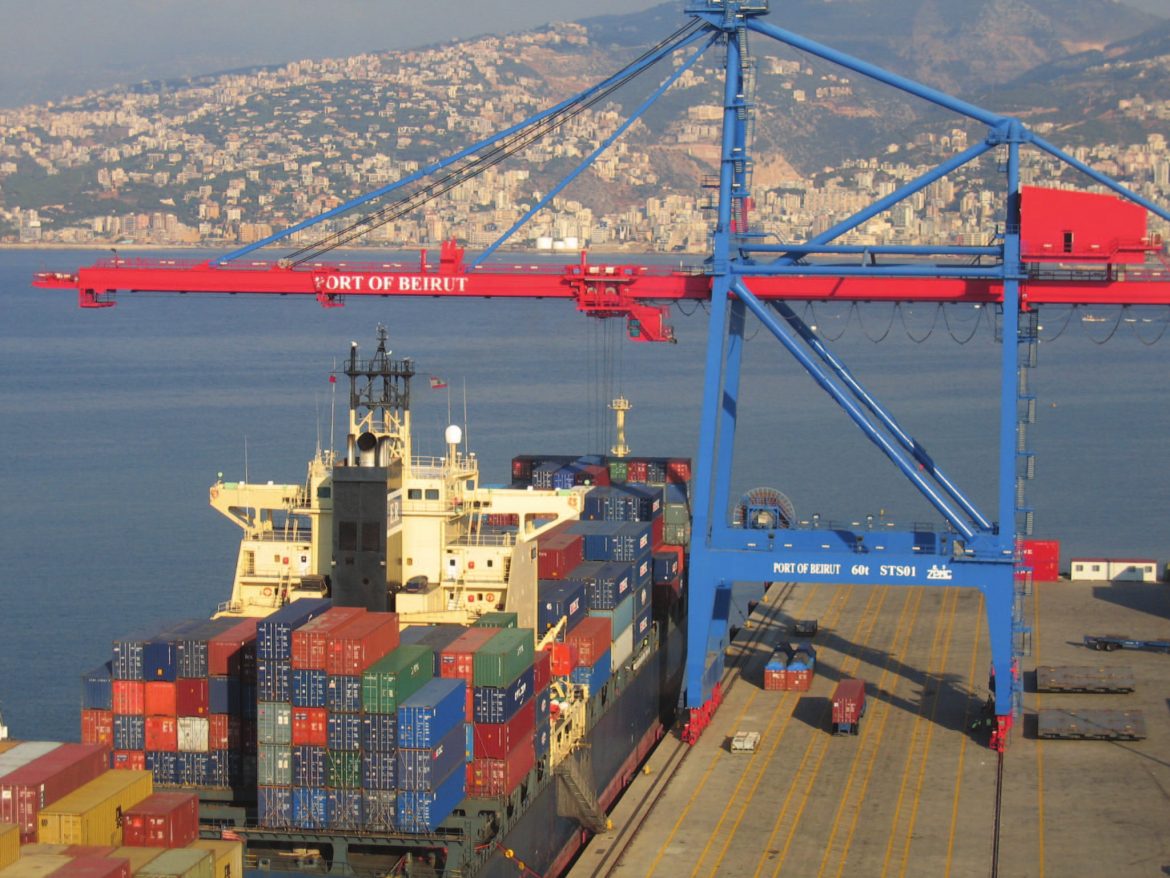Executive Editors
Executive Editors are the collective voice of the magazine. Stories written by Executive Editors are the culmination of discussions, brainstorming, research and information-gathering by our editorial team. Over decades, our editorial team has applied a blend of seasoned expertise and a discerning eye to bring you insightful and engaging and substantive reads that eschew sensationalism.

